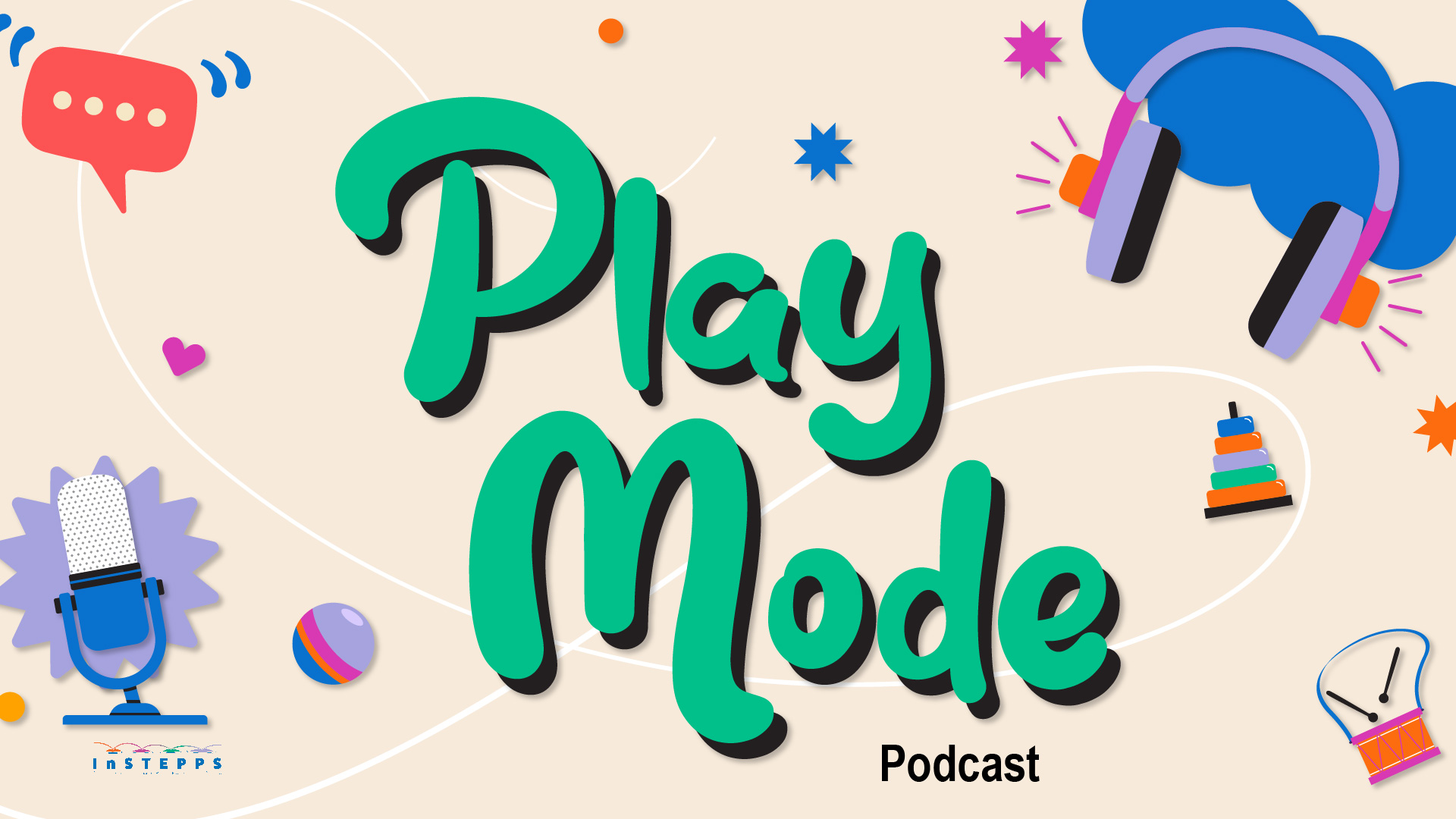Getting help during difficult times: Three things to know
Tips on getting help in a global pandemic
Three Things to Know about Getting Help during a Pandemic
Parenting is hard, and even more so right now. Child operating manuals do not exist during “normal” times, let along during a global pandemic. Parents may struggle to be present while juggling many competing responsibilities and may worry how to best nurture and support their children. Parenting becomes even more challenging when a parent worries about their child’s development. How does a parent know what is “typical” and what deems further evaluation and treatment? And how can a parent navigate assessment and intervention, especially during these times that have forced us all to change routines, to reassess, to re-center? Trying to figure out the “system” can be disheartening and anxiety about Covid-19 may delay a parent in seeking guidance and support. Being aware of critical resources is essential. To help all the parents out there we summarized the top three things that you should know when you are struggling:
- How to know if you should get help
Perhaps she isn’t meeting developmental milestones on time; maybe he isn’t making eye contact, or talking, or responding to his name. Maybe she is exhibiting what seems like extreme behavior – huge tantrums that seem out of proportion, that last far longer than expected, and are taking a long time to calm down. Possibly your child’s behavior escalates over what seems like minor issues, or their mood shifts rapidly. If your child’s development seems to have gotten “stuck” or you have noticed your child is behaving differently during this pandemic, you may want to reach out and get some guidance from a specialist. Our best advice: follow your parental instinct: you know your child best and research shows parents often note concerns earlier than physicians. If you think you need some help do not let a pandemic stop you!
- You are not alone
It may feel like you are all alone with your concern. You may feel like you don’t have anyone to ask or share your concerns with. Perhaps family members, friends, or other parents tell you not to worry, that “he’ll grow out of it”. But you are not alone. There is a network of professionals ready to provide support and intervention, and a network of family resources to help get you connected to others who may understand what you are going through.
- Safe support options are available
Even during times when we are social distancing, when not all professionals are able to meet in person, valid developmental and diagnostic evaluations and services ARE available via telehealth. Structured interviews, empirically supported screening and evaluative assessments, and clinician-directed parent-child activities are just a few of the ways a professional can provide a valid assessment with recommendations tailored to your family. Telehealth 1:1 therapy, parent coaching, and family support can also be provided via telehealth, via phone, and in some cases, safely in person.
Resources
If you have any concerns about your child’s development and/or mental well-being, or concerns about how you can better support your child during these challenging times don’t hesitate. Reach out. Get support!
- Early Intervention, Applied Behavior Analysis, Parent Education
- Help Me Grow
- Regional Centers of California





